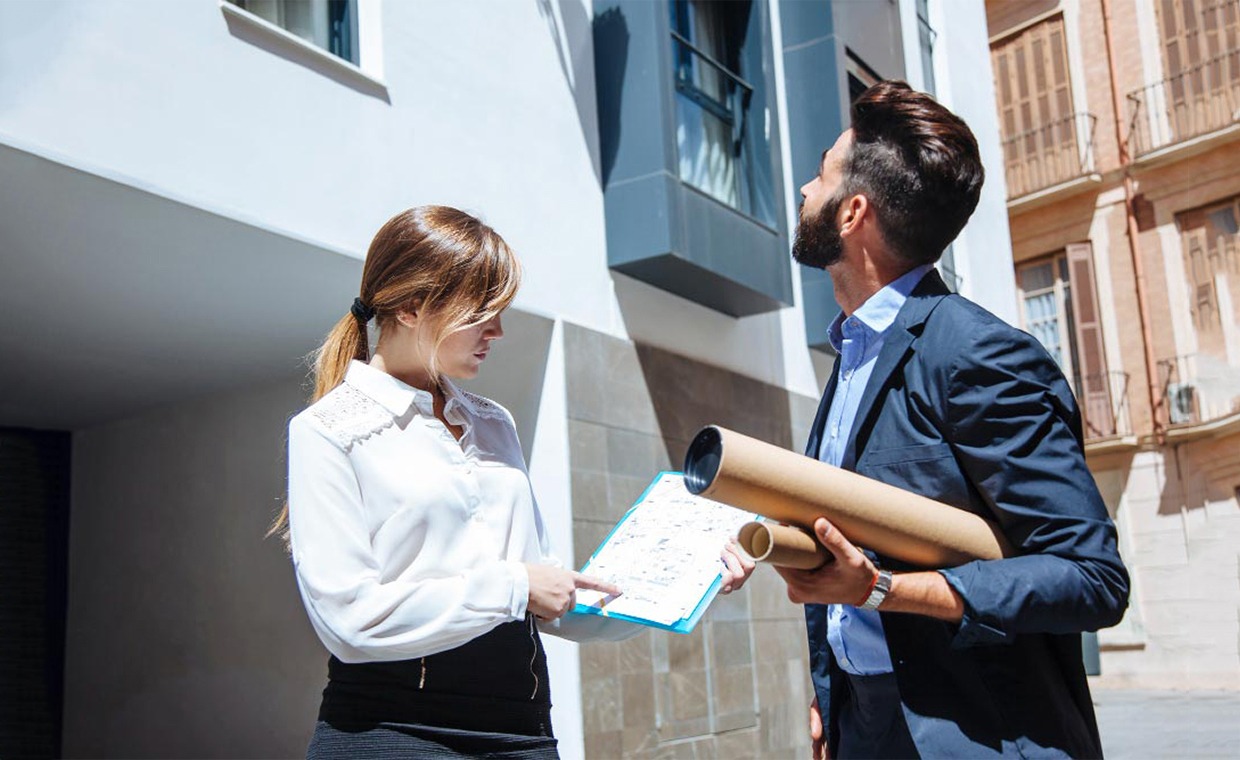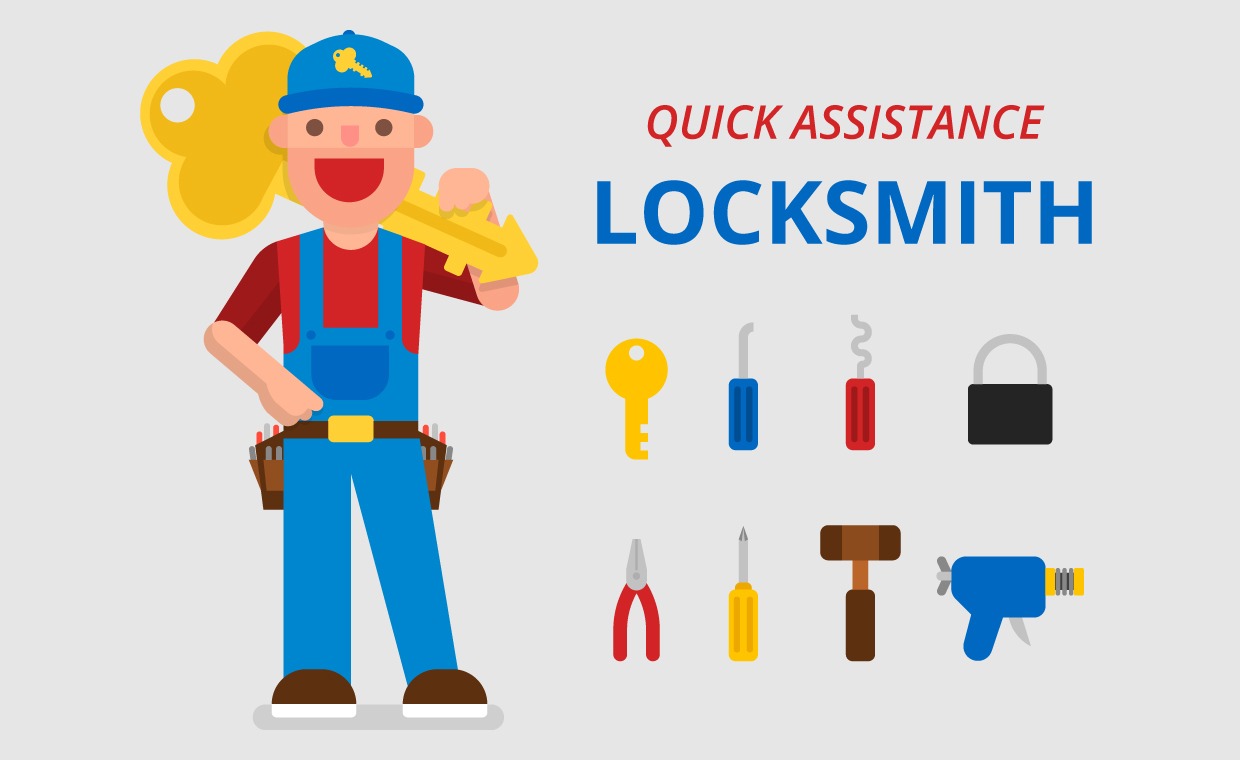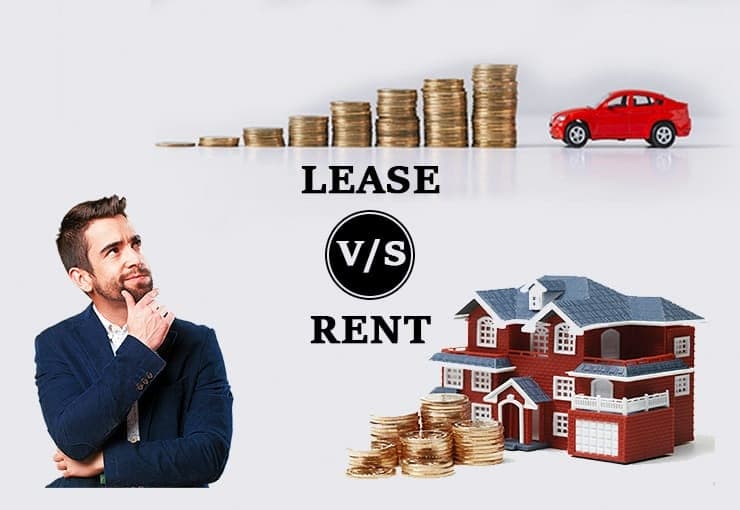
There may be situation when the purchasing of home is quite not possible or desired. The best option in this case comes down to either Lease or Rent. These two terms have similarity in terms of having access to the property for a specific period of time. Along with the similarity there are minor differences between them. Let us know the basic about lease and rent which will help us to clear the concepts behind them which will help us to decide whether to opt for lease or rent.
What is a Lease?
- A lease is an agreement or contract to rent out an asset or property whatever it may be – a land, a building or a machinery for a specific period of time under specific set of rules and regulations.
- It includes various terms and conditions on how to use the property along with the required maintenance works.
- The time period is usually long which may range from 1 year to as many as 10 to 25 years depending upon the lessor (owner of the property) and the needs of the potential lessee (user of the property). Some leases are even up to 99 years.
- In case of violation of the lease by either of the party, the respective penalties can be brought up by the lessee or the lessor.
- Depending upon the duration of the lease, it is classified into long-term lease and short-term lease.
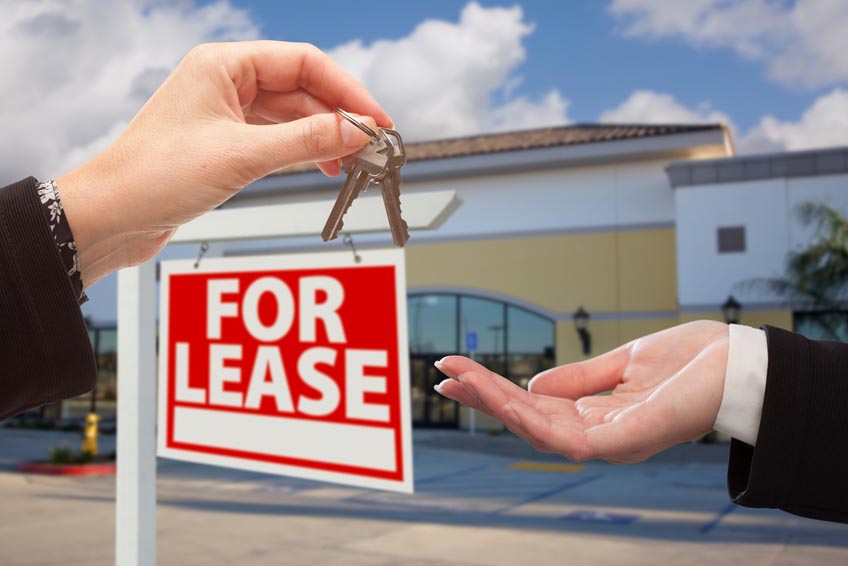
Lease typically falls under 2 main categories from accounting and tax point of view which are listed below:
01. Operating Lease – It is quite simple form of lease in which you can easily expense the lease payments for accounting and tax purposes each time they are made.
02. Capital Lease – If the lease meets specific criteria then that lease is considered as capital lease.
- It includes (a) the lease payment value which makes up most of the fair market value of the asset (b) the life period of the lease makes up most of the effective useful life of the property (c) there is an option of purchase on bargain.
- Until the contract ends the lessee can stay and utilize the property and till the end of this contract the lessor cannot change its terms and conditions.
- The lease cannot be automatically renewed after it expires and if the lessee wants to continue to stay there, he will be allowed to live there on rent until he renews the lease agreement.
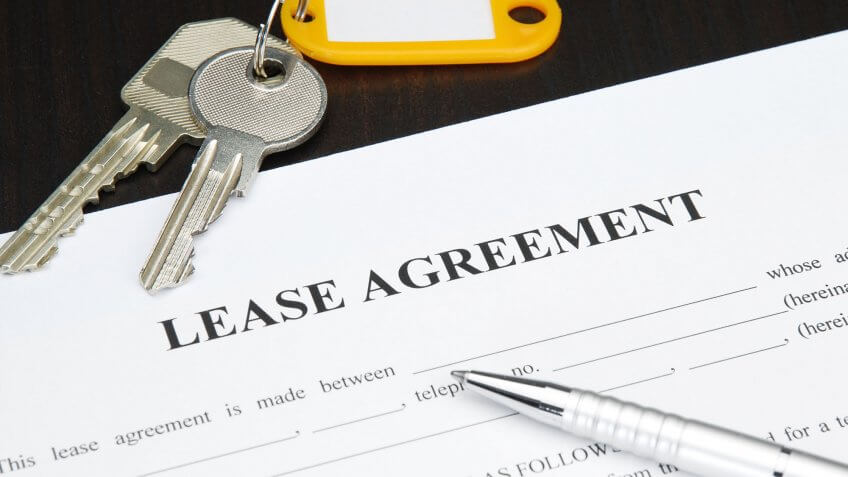
- In lease, there is an option to buy the asset or property at the end of the lease period.
- Many a times there is an initial premium associated with the lease which might be expensive.
- If the lessee vacates the premises, before the expiry of the lease period, he might have to pay the lease of the unexpired period if the agreement so provides.
What is a Rent?
- A rent is an act of payment to the owner for the use of his property by the tenant.
- It involves a shorter period of time usually 11 months or may be more, with an option to extend the terms of continuing to rent on consent of both of the parties i.e. the owner and the tenant.
- It is most suitable for the temporary use of the property such as building, land or machinery when it is decided to use the property for a shorter period of time.
- The agreements made for rent are usually more casual than the lease agreements.
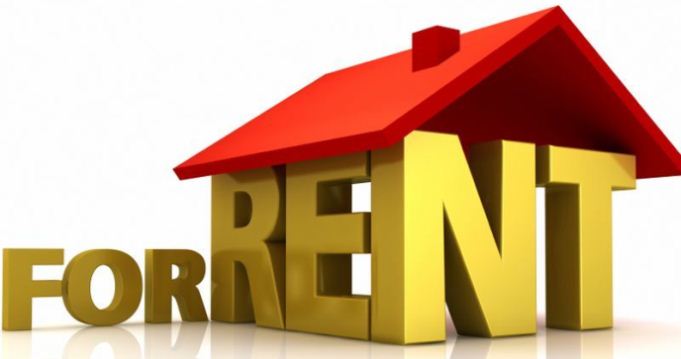
- If we see it from other point of view, if the cost of taking the property on lease or rent is higher, it can be taken for rent for a shorter period of time and can be returned to its owner after the renting period is over.
- For accounting as well as tax purposes, the cost from the rental sources are always expensed on the income statement.
- Rental agreements are usually month-to-month having major pros and cons of renting for both the parties.
- For tenants, month-to-month rental agreements give them freedom to move whenever possible without worrying about breaking or transferring the lease agreement.
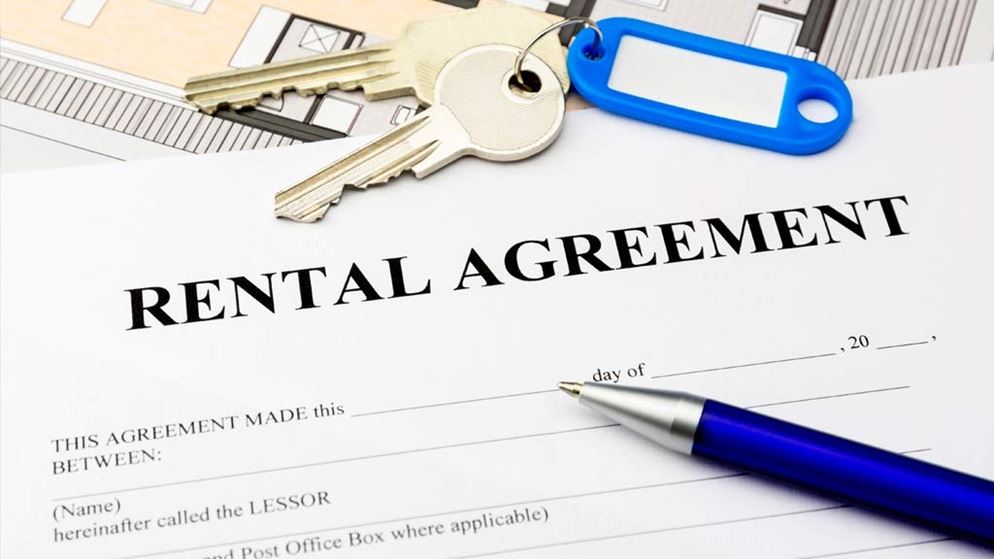
- For property owners, this makes the income from the rental sources quite uncertain.
- To save themselves from this uncertainty, they choose to charge month-to-month tenants much higher rate of rent compared to those on lease which makes it prohibitive for most of the renters.
- The landlord can change the terms and conditions of the rental agreement even before the renting period is over.
- No initial premium is to be paid and hence it is an affordable option.
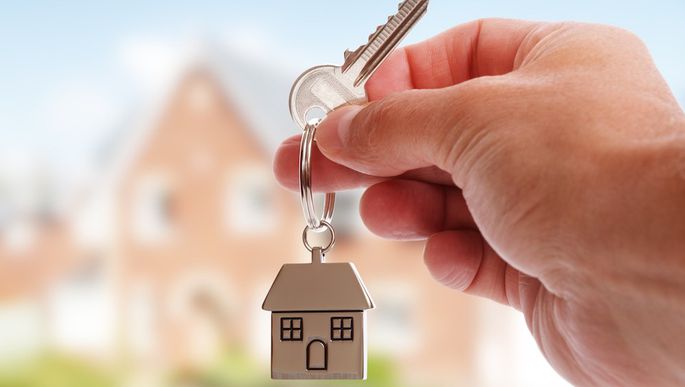
- If as a tenant you vacate the premises, there is no worry to pay rent for any pending period.
- There is no option of buying the property at the end of the tenancy period.
What should be Done – Lease or Rent
- The decision whether to take property on lease or rent totally depends upon your needs.
- If the property is essential for your purpose and is needed for a longer period of time then lease is the better option.
- It is important that the guarantee as well as security is provided by the lease and it has what your business or purpose needs.
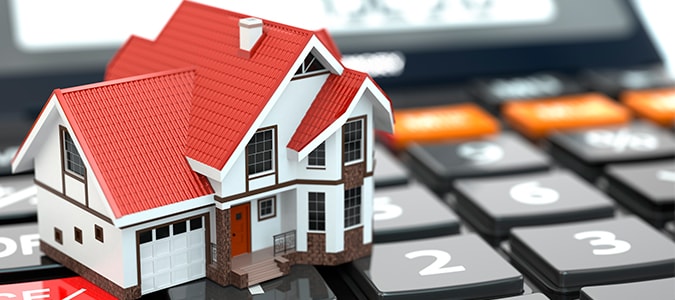
- If you want to have a property for a shorter period of time or there is no surety of your business to flourish in that particular area where you want to take that property, then renting is the better option.
- To take property on Rent may cost you over the short-term period but the total cost will be lower since you won’t have the asset for longer period of time.
Ultimately the decision whether to take property on lease or rent depends upon your needs and financial situations. Hope this article would have cleared the differences between lease and rent. If you think some points have been missed out or you want to share your views regarding this topic, then please do it by commenting in the box given below.
Image Courtesy: Image 2, Image 3, Image 5
Author Bio
Zuber Hingora




























